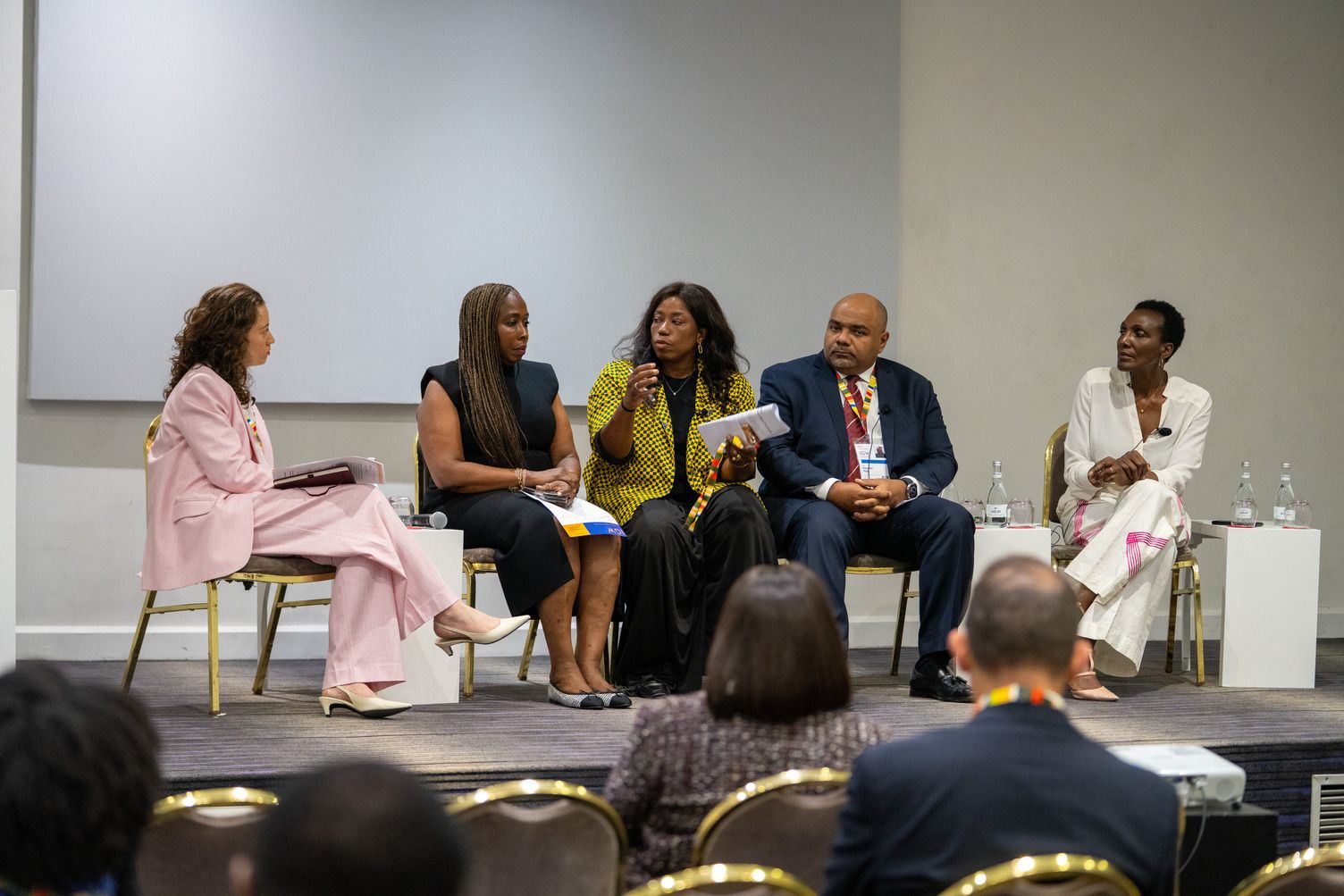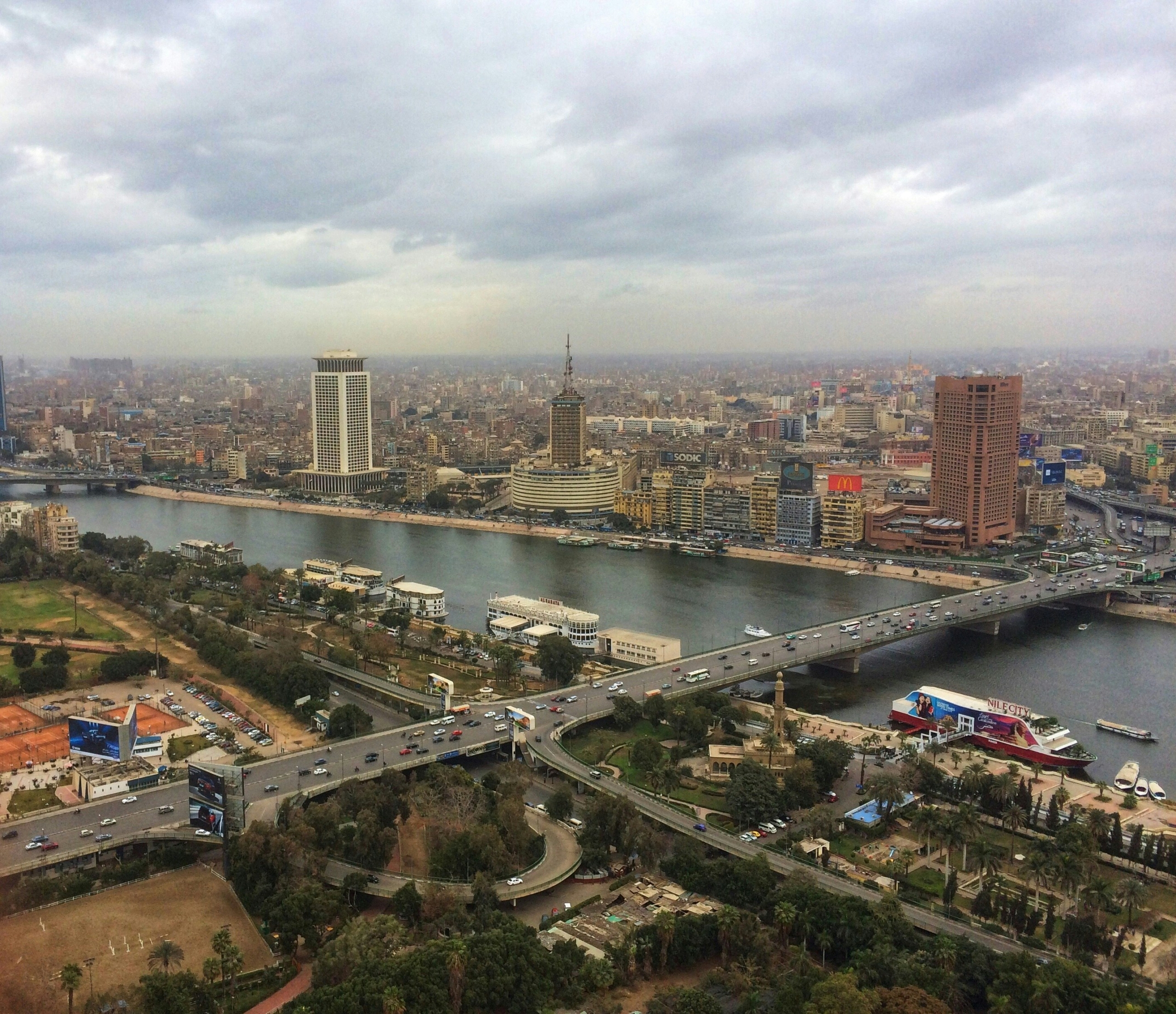We are excited to announce that Brink is now part of Africa Practice. Learn more
This panel at the Ibrahim Governance Weekend explored the profound economic consequences of prevailing global perceptions of Africa. Experts in credit ratings, finance, and journalism dissected the tangible costs and impacts of negative narratives and outlined a clear call to action for proactive management of the continent’s investment profile to achieve a fairer cost of capital.
The discussion
The dialogue was anchored by the stark findings of a report from Africa No Filter and Africa Practice, which quantified the “perception penalty” paid by African nations. By analysing thousands of articles from major global news outlets, the report revealed a direct correlation between biased media sentiment and inflated borrowing costs.
While objective metrics are central to financial assessments, subjective perceptions heavily influence outcomes. Rating agencies strive for impartiality through committee-based decisions and rigorous data verification, but the qualitative assessment of institutional strength can be influenced by the prevailing narrative. Risk managers are conditioned to avoid uncertainty, making them susceptible to negative headlines that can overshadow detailed, positive analysis. The consensus was clear: the most potent antidote to subjective bias is the provision of credible, consistent, and easily accessible data and proactive engagement with analysts and investors to ensure the data is understood in context. Without it, decisions are deferred to “feelings and opinions” largely shaped by the media.
Governments are not powerless. By improving data transparency and proactively communicating their progress on policy reform and governance—Benin and Côte d’Ivoire are key examples—nations can actively shape their credit story.
The way forward
The discussion culminated in a series of actionable strategies for policymakers, corporations, and civil society to reclaim control of Africa’s narrative.
- Embrace transparency and data: The foundation of a credible narrative is verifiable data. African governments must invest in their national statistics bodies and institutionalise the regular, transparent dissemination of economic and governance data.
- Prioritise engagement: Nations must move from a reactive to a proactive stance. This involves consistent engagement with investors, analysts and the media. Transparency, even in difficult circumstances, can enhance perceptions of governance capacity.
- Be bold on the global stage: African leaders and private sector champions must be more intentional about engaging in global fora beyond the continent. The goal is to go where misperceptions are formed and counter them with facts and a compelling narrative.
- Amplify local voices: The power of Africa’s burgeoning creative and media sectors must be harnessed. With African content creators drawing millions of views on platforms like YouTube, there is a clear global appetite for authentic stories. Supporting these industries is not a soft-power exercise but a strategic investment in creating a more balanced and nuanced global perception of the continent more broadly.
The takeaway
Changing the narrative is a collective responsibility. By presenting African leaders with comparative data on how their communication efforts directly contribute to reducing the cost of capital, we can spur healthy competition and spotlight examples of success. Reshaping Africa’s global perception is not a matter of public relations, but a core economic and governance imperative for the 21st century.
The seminal report by Africa Practice in partnership with Africa No Filter, sets out to ask a bold question: What if this portrayal isn’t just harmful to our image, but also to our economies? Using quantitative data from seven countries (both African and non-African), the study reveals that negative media stereotypes are directly inflating the cost of borrowing for African countries, costing the continent up to $4.2 billion every year in avoidable interest payments.
What the data shows:
- African elections receive more negative media attention than similar elections elsewhere, with an outsized focus on violence, rigging, and corruption.
- In global media, 88% of articles about Kenya and 69% about Nigeria during election periods carried a negative tone, compared to 48% for Malaysia, a country with similar political risk.
- This negative sentiment translates into real economic costs: investors demand higher interest rates, pushing up sovereign bond yields and inflating debt repayment burdens.
- For instance, if Egypt were covered as positively as Thailand (with similar risk levels), its bond yields could drop by nearly 1 percentage point, saving hundreds of millions annually.
Africa No Filter is an advocacy organisation working to shift stereotypical narratives about Africa. We exist because many stories about Africa still lazily revolve around the single story of poor leadership, poverty, corruption, disease, and conflict. Our mission at Africa No Filter is to shift these stereotypes because they impact the way the world sees Africa and how Africa sees itself. Through community building and advocacy, we support storytellers to help shift the stereotypical narratives about Africa one story at a time. Africa No Filter is a donor collaborative funded by US Foundations.
At Africa Practice, we help shape Africa’s future. We co-create and deliver innovations to shift the narrative, rewrite the rules and reimagine markets that work for all. Combining deep insights and bold advocacy, we work with industry, investors, and development partners to drive change.
Proud to be BCorp. We are part of the global movement for an inclusive, equitable, and regenerative economic system. Learn more



